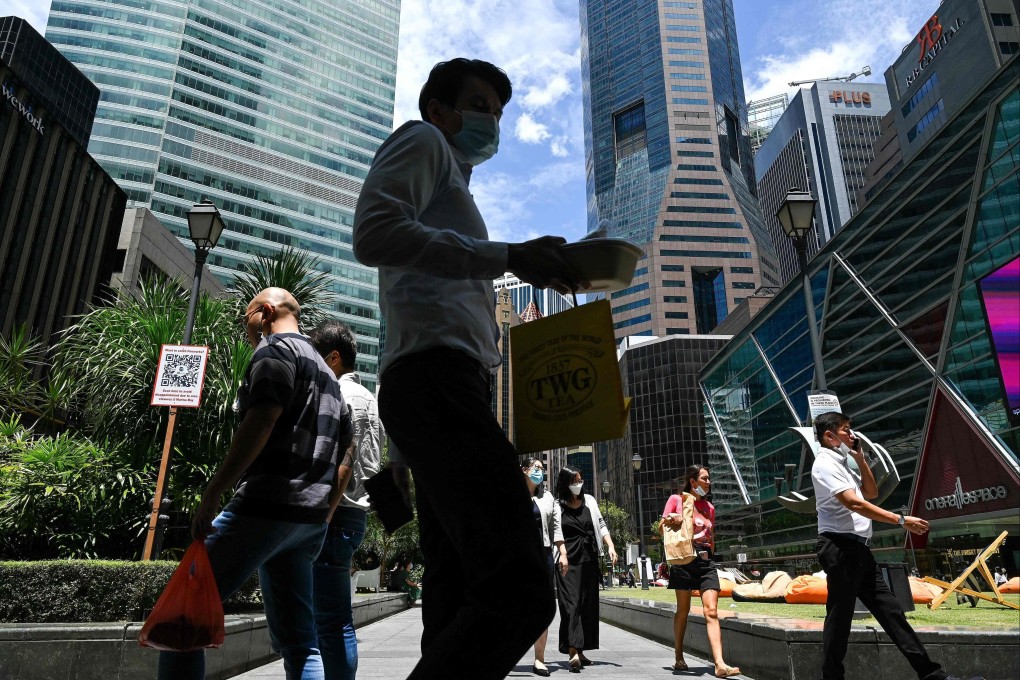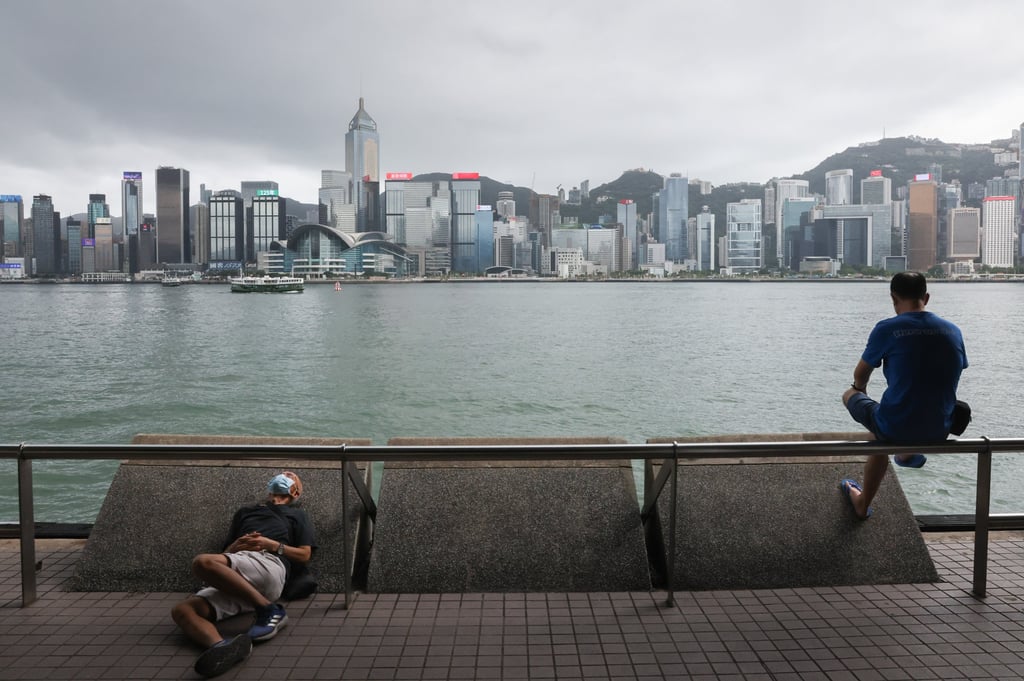Advertisement
SPACs underwhelm in Hong Kong and Singapore in first year, as listings lapse and applications peter out
- After an initial flurry, applications for special-purpose acquisition companies have dried up in both Hong Kong and Singapore
- Experts nonetheless expect the mechanism to play a role over time as broader market conditions improve and successful SPACs raise confidence
Reading Time:3 minutes
Why you can trust SCMP

Special-purpose acquisition companies (SPACs) have received a cooler than expected response in both Hong Kong and Singapore, with some launches from early in the year fizzling and few new applications emerging in recent months.
Hong Kong, where SPACs launched in December 2021, has seen no new filings in the past two-and-a-half months. The most recent prospectus, that of TechStar Acquisition, was filed on June 24, according to the Hong Kong stock exchange website. Previously, the market saw four applications in January, four in February, two in March, one in April and none in May.
In Singapore, no new SPACs have appeared since three such listings emerged in January, after the SPAC listing regime took effect in September 2021.
Advertisement
SPACs are shell companies created to raise financial war chests and buy assets within a limited period of time, usually 18 months to 24 months.

Neither Hong Kong nor Singapore has seen a successful de-SPAC – when the selected company merges with the listed SPAC – this year.
Advertisement
Advertisement
Select Voice
Choose your listening speed
Get through articles 2x faster
1.25x
250 WPM
Slow
Average
Fast
1.25x